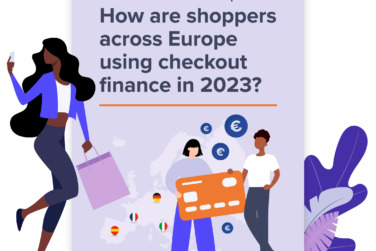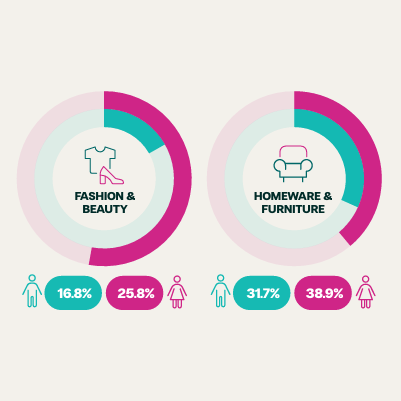Does new regulation spell the end for Buy Now, Pay Later?

Does new regulation spell the end for BNPL?
Regulators can get a reputation for stifling innovation and entrepreneurship. Is that about to happen to the burgeoning BNPL market?
A look at the UK, where regulators are leading the charge, offers clues. The Government’s recent consultation outlined its concerns for an unregulated BNPL market. There are many, including how BNPL products are promoted to consumers, the lack of information supplied to them, the absence of creditworthiness checks, and its dislocation from the wider credit market. The direction of travel seems clear; the Government is worried by BNPL’s potential to create unmanageable and unrecorded debt, especially for society’s most financially vulnerable. And they intend to do something about it.
Taking aim
So who’s in the firing line? Not merchants that offer traditional in-store credit, either directly or via a regulated credit provider. Such schemes have become an established part of the retail finance market, and for regulated finance products include customer protections such as identity, affordability and credit checks. Though not without its risks, UK regulators are focussing their attention elsewhere; namely on newcomers.
These are the providers that enter into a direct relationship with the customer (the merchant giving over ownership), with the emphasis on a minimal scrutiny, low-friction application process, and where the consumer does not need to re-apply for credit for further purchases.
Be afraid
That’s very likely to change. The UK Government seems set on introducing greater restrictions to how these BNPL firms can market to consumers. They will need to provide pre-contractual information to consumers, clearly setting out the features of the agreement; the repayment plan and the total cost of borrowing; the charges for non-payment; and the impact on credit rating and the risk of debt collection.
Creditworthiness will be brought into line with other lending products, including both affordability and risk checks for every consumer.
Consumers who find themselves in financial difficulty and struggling to make repayments may be entitled to more time to pay, free advice, and protection from excessive late fees. Lenders may be held jointly liable for breaches of contract by a retailer, including substandard goods.
The Financial Ombudsman would act as the arbiter in disputes between providers and consumers. And even the lowest cost items would come under the scope of all this.
And now for the good news
There can be little doubt that these changes will impact some BNPL providers — perhaps enough for them to rethink their place in the market. Compliance comes at a cost, and that ultimately cuts margins. Moreover, a more regulated market will attract established lenders that already fulfil these obligations, or know how to quickly adapt to new ones. Newcomers will find it increasingly hard to compete, and so grow, or even defend what they have.
This is good news. Rather than spelling the end of BNPL, these regulations can catalyse growth by bringing much needed competition, trust and maturity to the market.
When consumers are reassured that the provision of credit is properly regulated, and they are protected, then credit becomes a more attractive option. Arguably, this matters more to older customers, who can tend to view digital finance with suspicion. But younger customers will be equally reassured. Recent data from Barclays suggests that three in ten 18-34 year olds feel overwhelmed by the cost of their BNPL repayments.
Larger merchants may also be more willing to play, if they feel their consumers are better protected and so their brand is safeguarded. That’s why UK regulators are right to confirm that merchants (of all sizes) will not be brought within the credit broking regulatory framework when offering BNPL products, making it easier for them to partner with established lenders who already have a focus on consumer outcomes.
The market also stands more chance of growing with established lenders at the fore. They have the financial clout, technological scale, customer numbers and geographical coverage to go further and faster than many of today’s market leaders. Some will expedite things by acquiring their way into the market, buying portfolios, systems and knowledge in the process — the equivalent of deploying rocket boosters to an F1 car.
Don’t wait
Prudent lenders, both established ones eying the BNPL opportunity and the incumbents occupying pole position, should not wait for new regulations to be introduced. Though the UK is officially in a consultation period, the outcome seems clear. Those that act now — either by entering a market ripe for expansion, consolidating their position with a larger lender, or protecting their profits by exiting — will be best placed to reap the benefits of what comes next.
Divido’s whitelabel retail finance platform helps lenders fully customise their BNPL offering and get to market fast. Our award winning technology is powering the retail finance programs for some of the world’s leading lenders.
Keen to know more?








